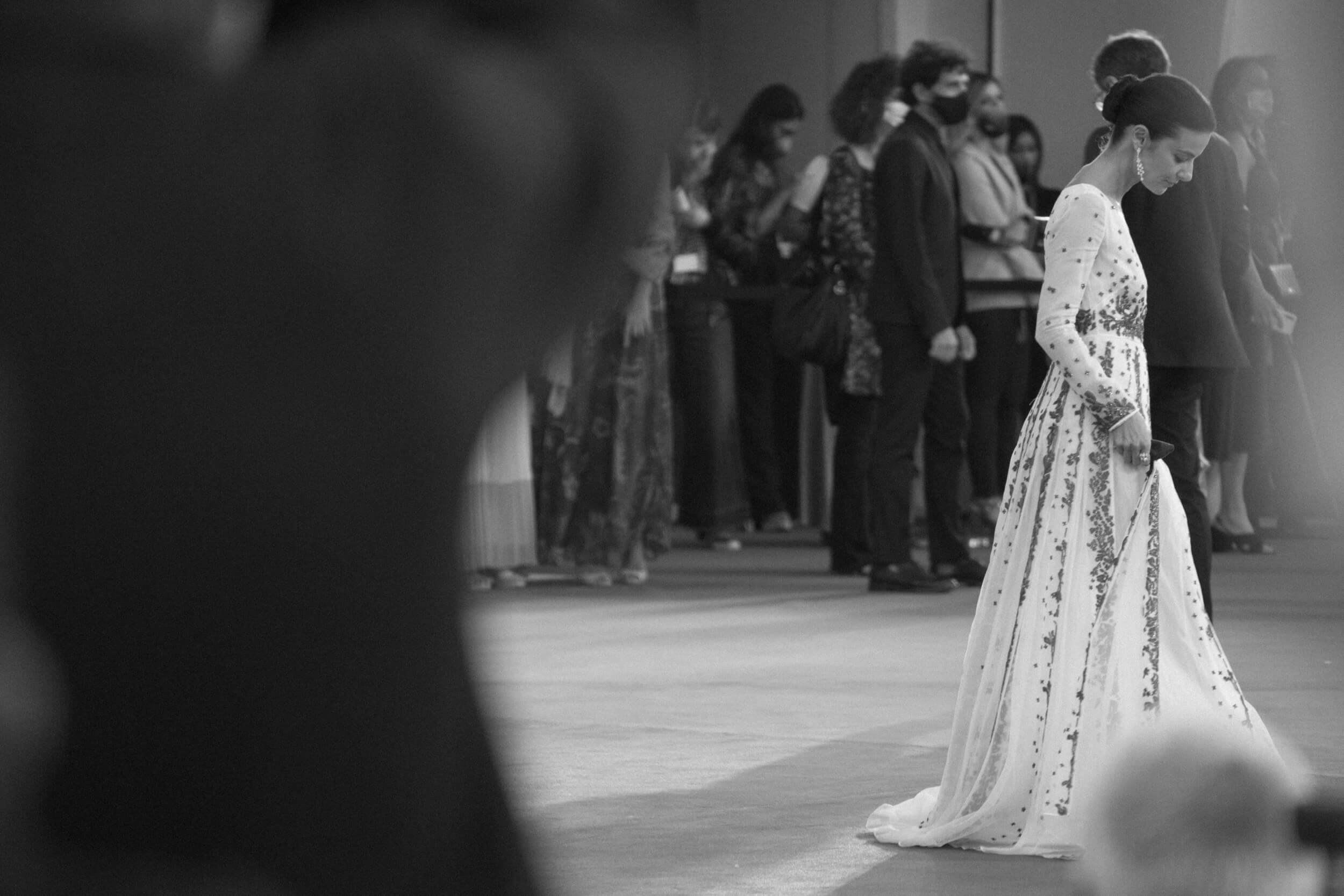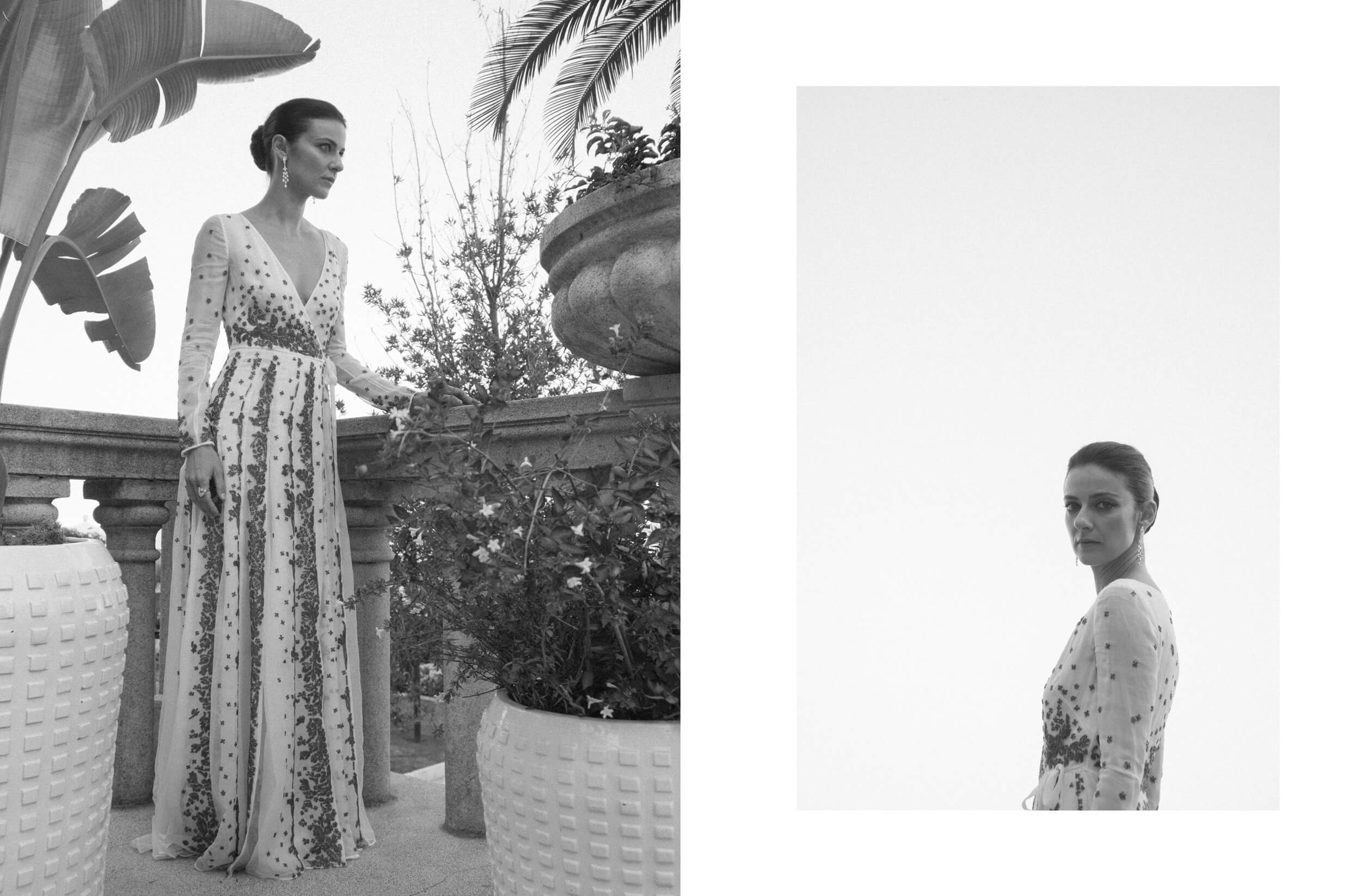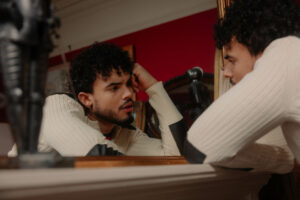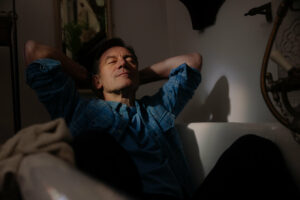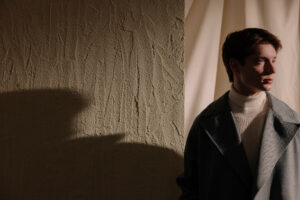We interviewed Barbara earlier this year, and she already made us understand that she was a beautiful soul.
But, after seeing “Padrenostro,” we couldn’t but want to talk to her again, to know what she had to tell us about this new project that melted our hearts, showing us something human and exciting.
In the film, presented at the 77th Venice Film Festival, Barbara plays Gina, mother of the protagonist Valerio, and tells a true story, lived and seen by the movie’s director Claudio Noce himself. We “stole” Barbara for a few minutes right before the emotion of the premiere, to freeze that moment, made of nostalgia, passion and delicate attention.
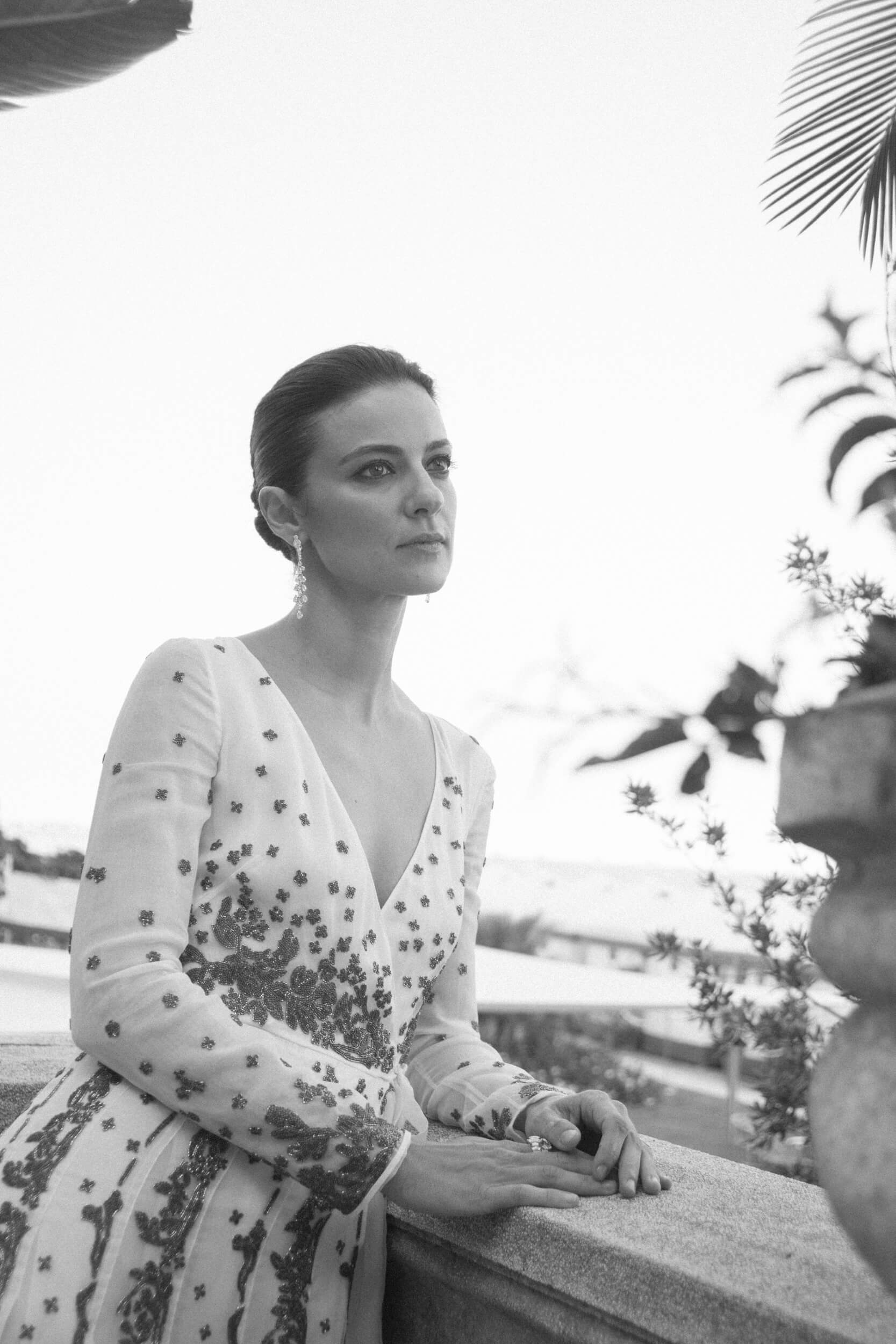
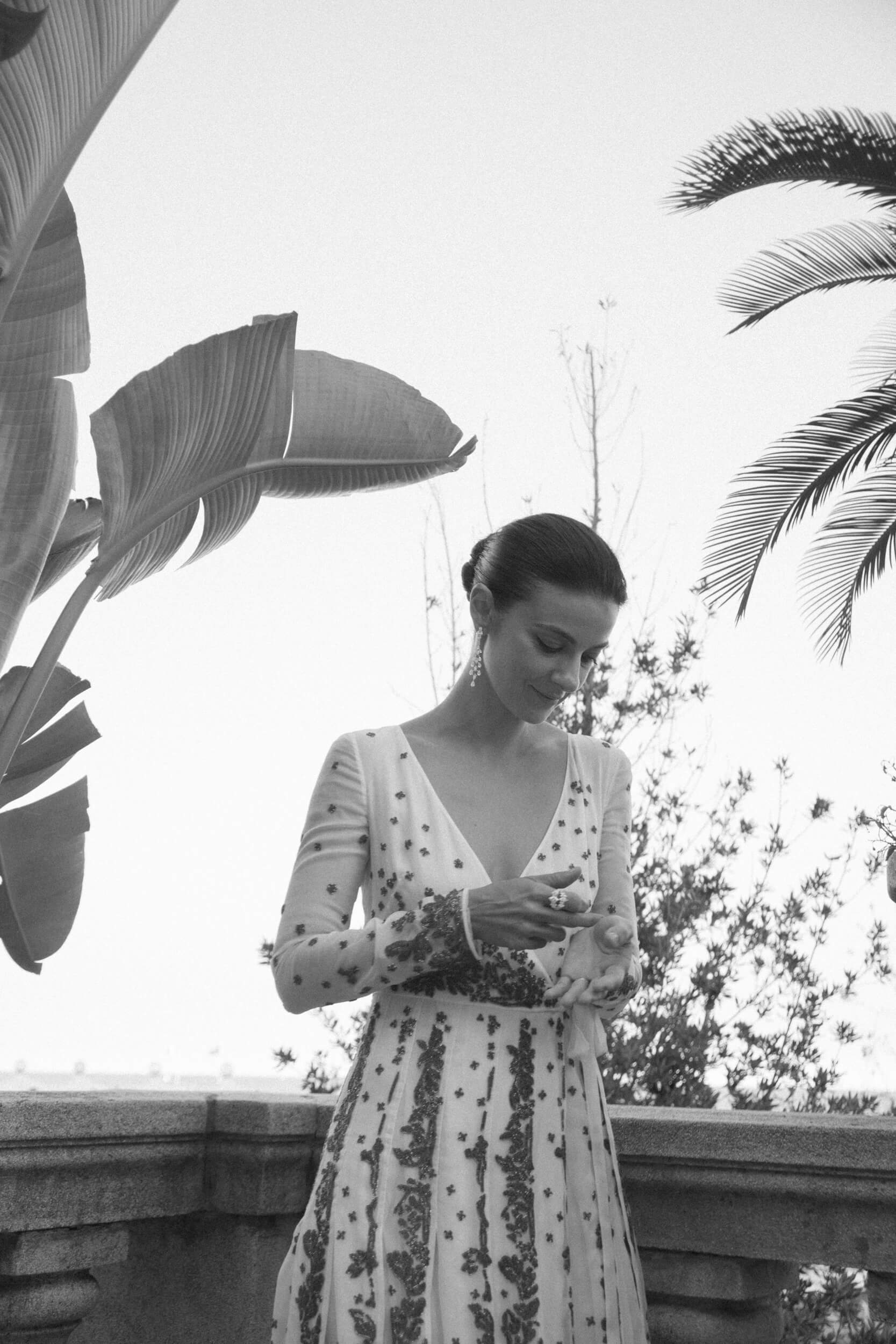
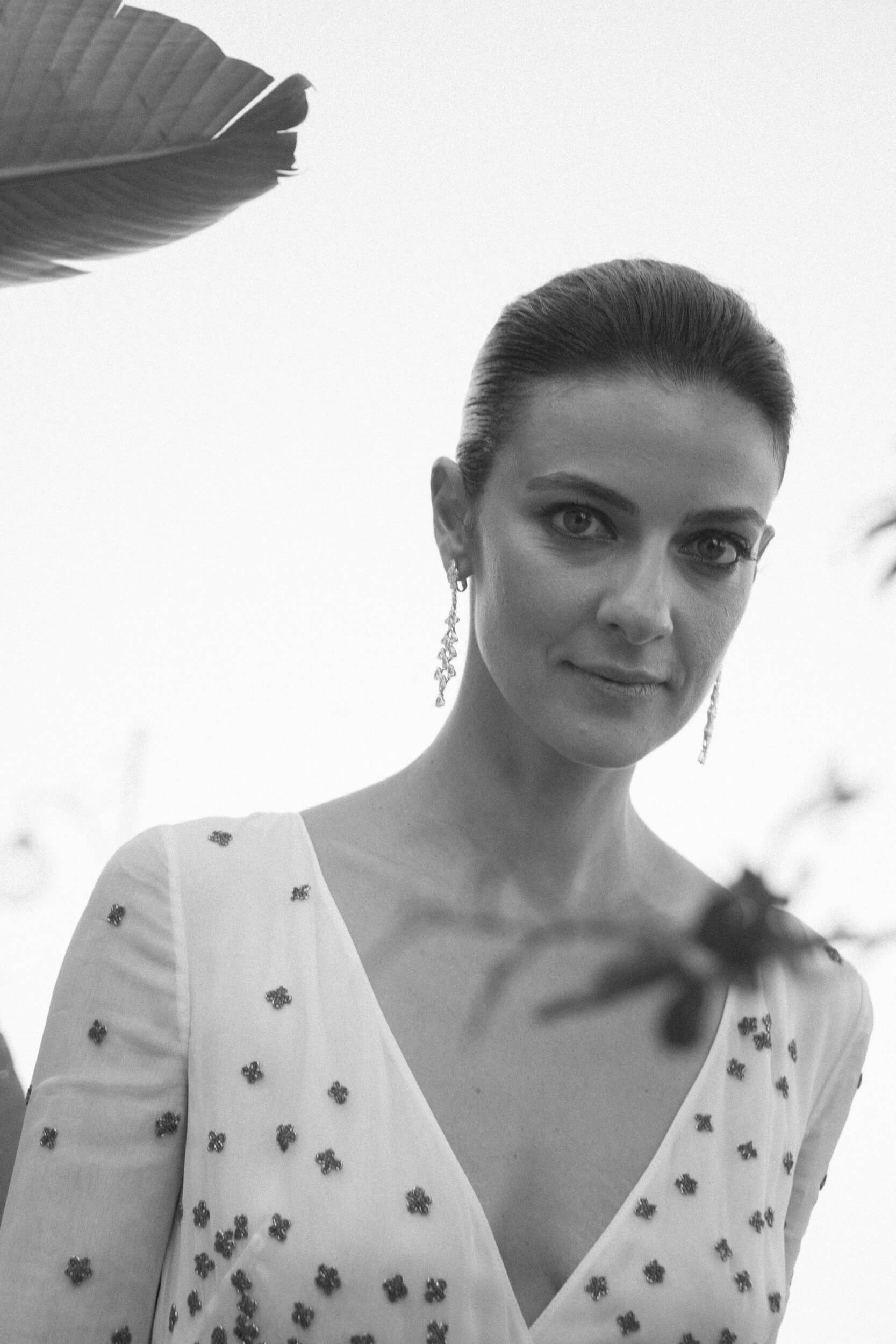
How was working on your character with Claudio Noce on such a personal story? And what was your first reaction when you first read the script?
When I read the script, I wondered if I needed to get to know the real-life Gina. Then I thought, that despite being real-life facts, what would have helped me more would be “seeing” her through Claudio’s eyes, through the stories he would tell me about her, what made him laugh, what he was thankful for: her being always there, her acting many times as a bridge between her children and her husband. A woman who chose her life without being subjected to it, a woman who kept her family together despite the fear, thinking about everyone’s well-being without sacrificing herself.
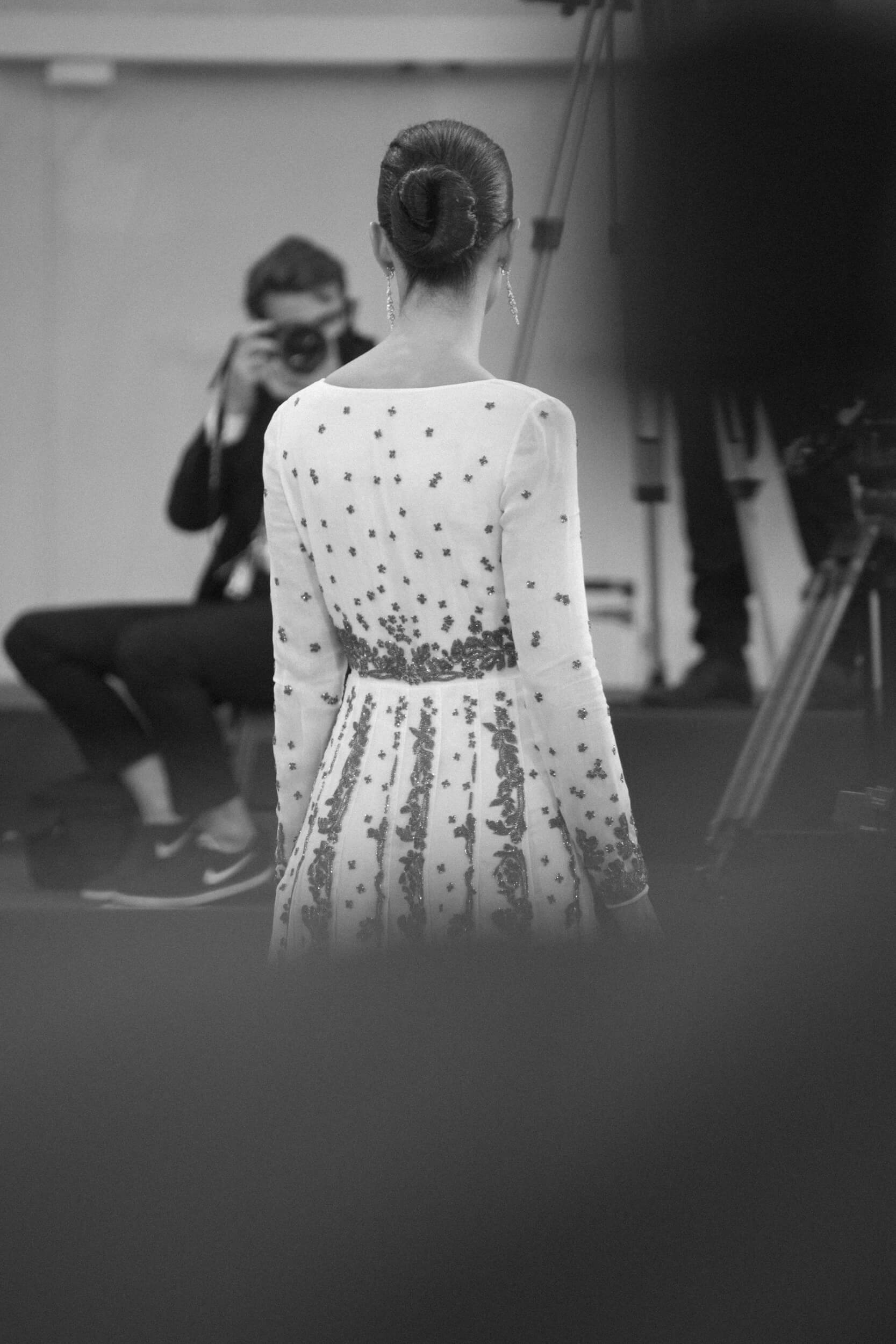
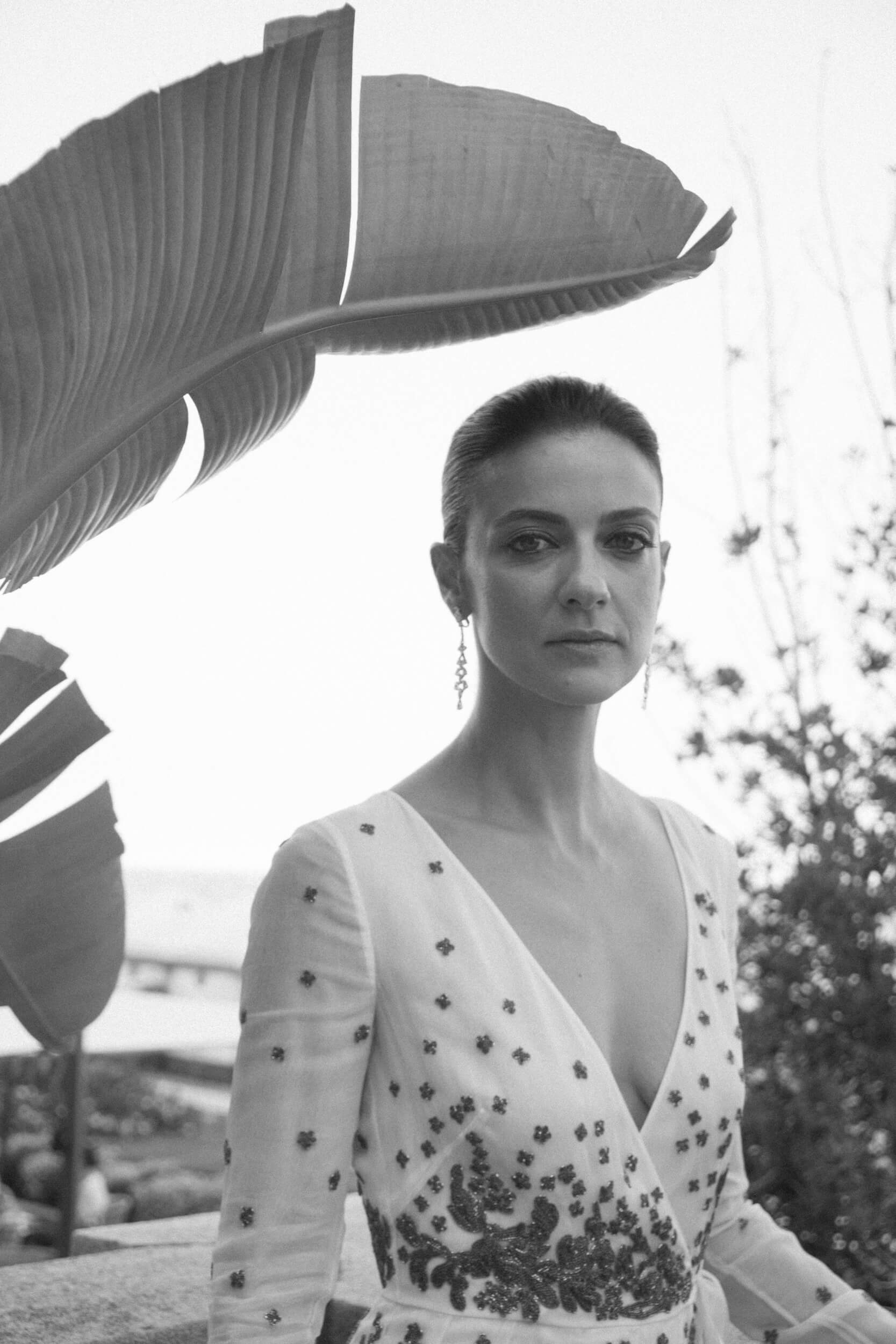
“A woman who chose her life without being subjected to it.”
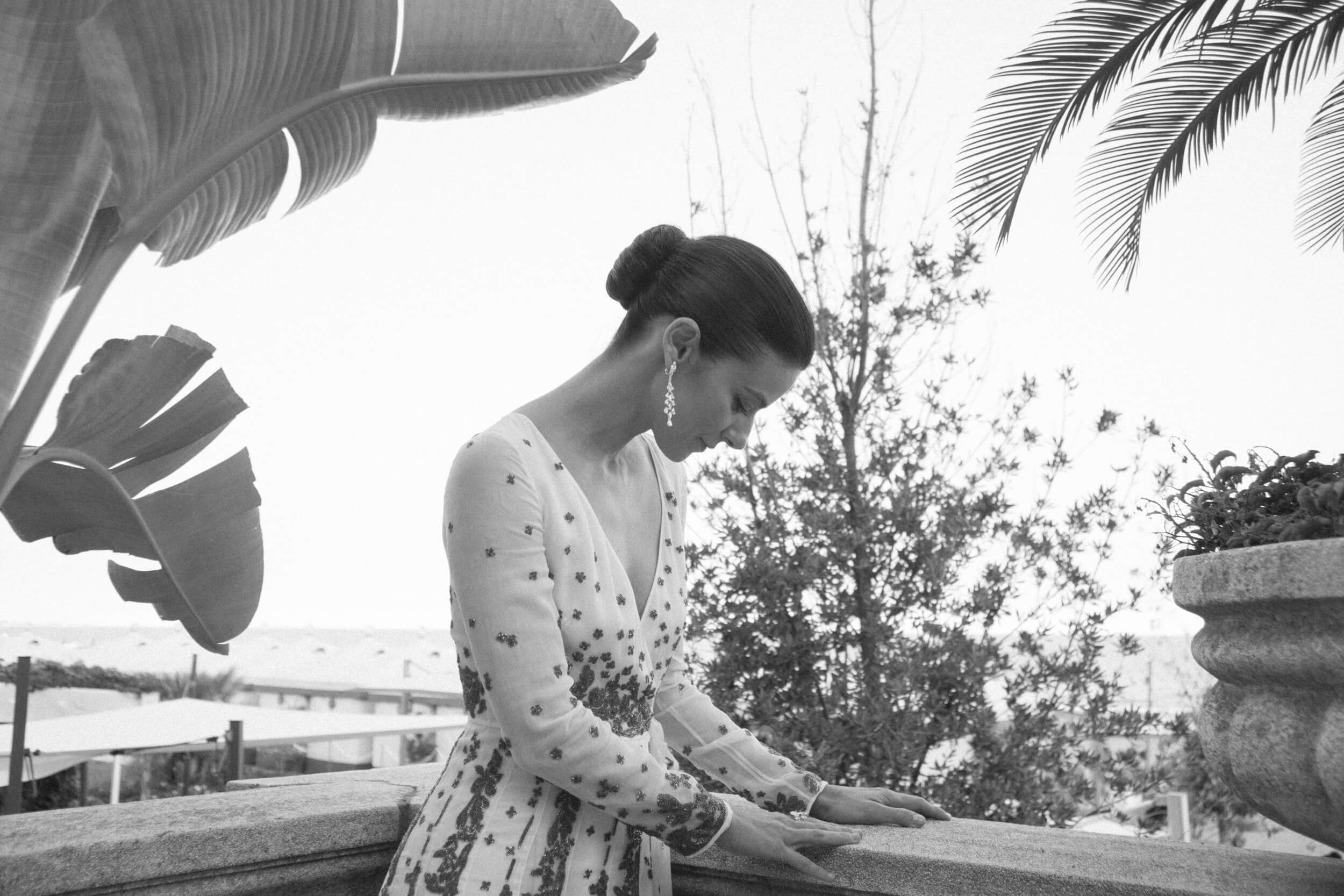
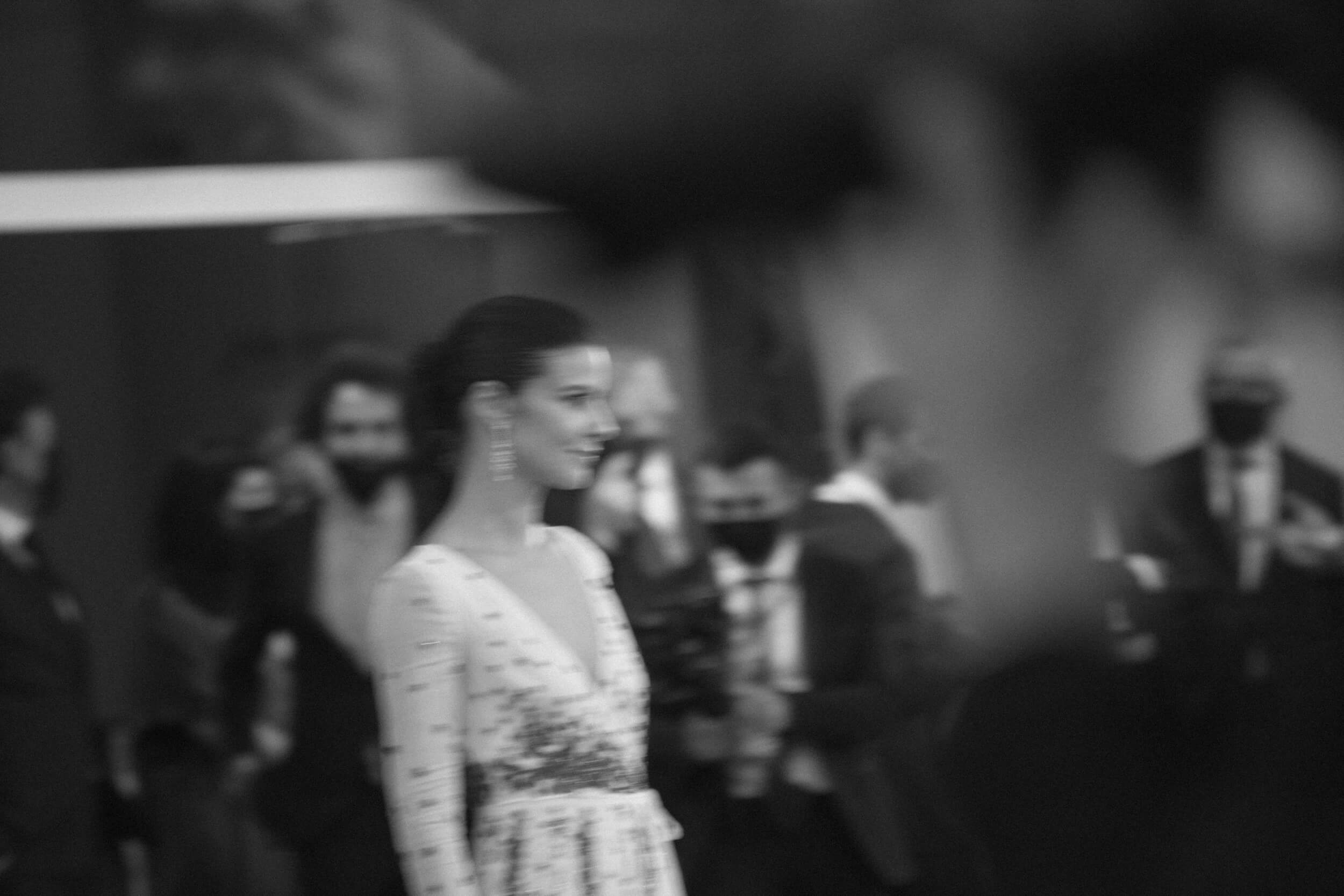
How did you prepare for this role? It’s truly intense, and at the same time, it’s easy to connect to this character as a mother and daughter?
I found inspiration by watching the films and some private pictures of Cassavetes and Gena Rowlands, but the best help came from the costumes designed by Olivia Bellini, from the wig created by Massimo Gattabrusi and the makeup by Valentina Iannuccilli, a team that listened to me, that looked and advise me.
If you could take a souvenir picture of the set, of a lived moment that stayed with you, what would it be?
The day we filmed the assassination attempt, one of the most emotional moments of the film.
Claudio made me listen to a tape of his mom telling everything that had happened. The way her memory was so sharp and vivid after forty years really moved me.
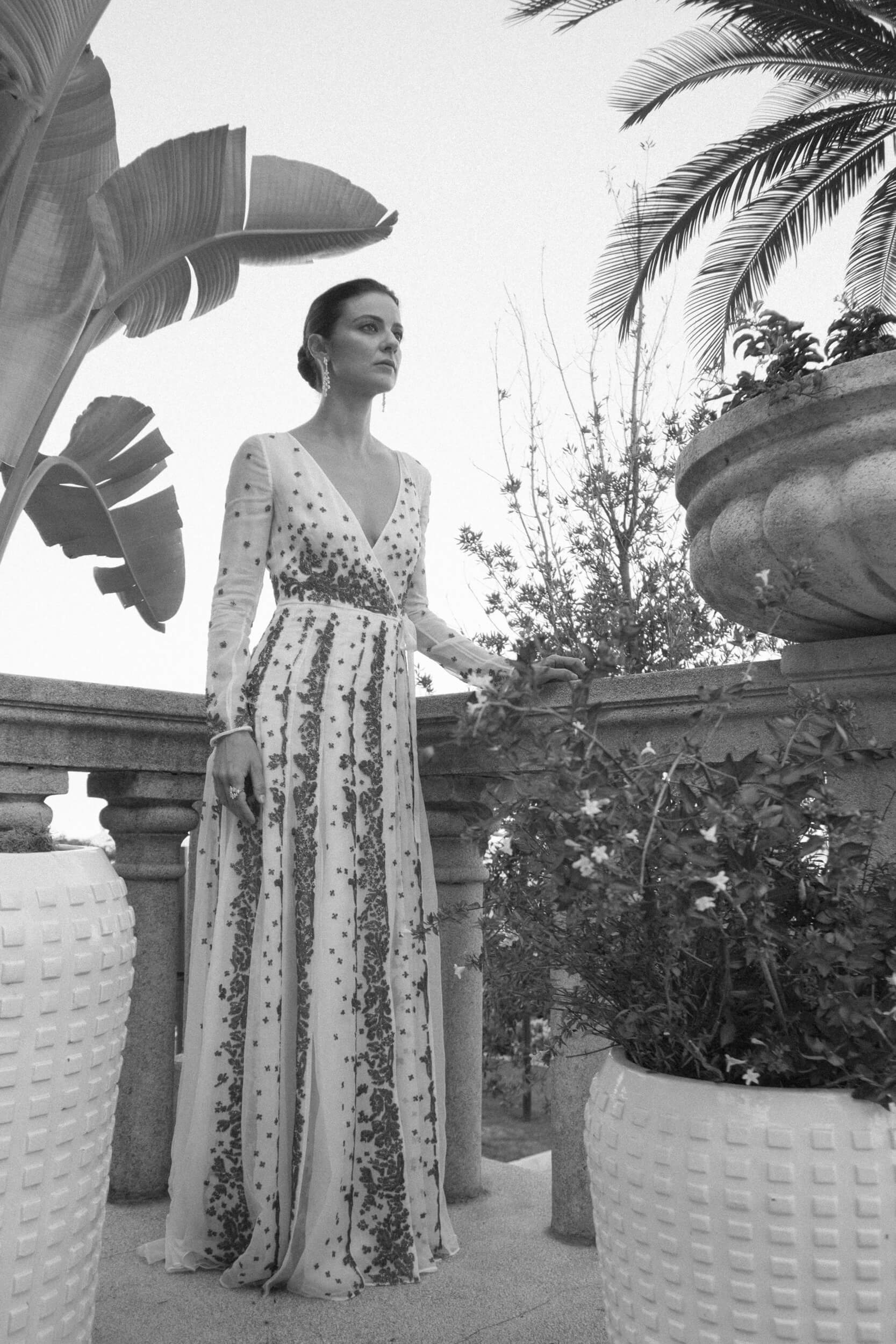
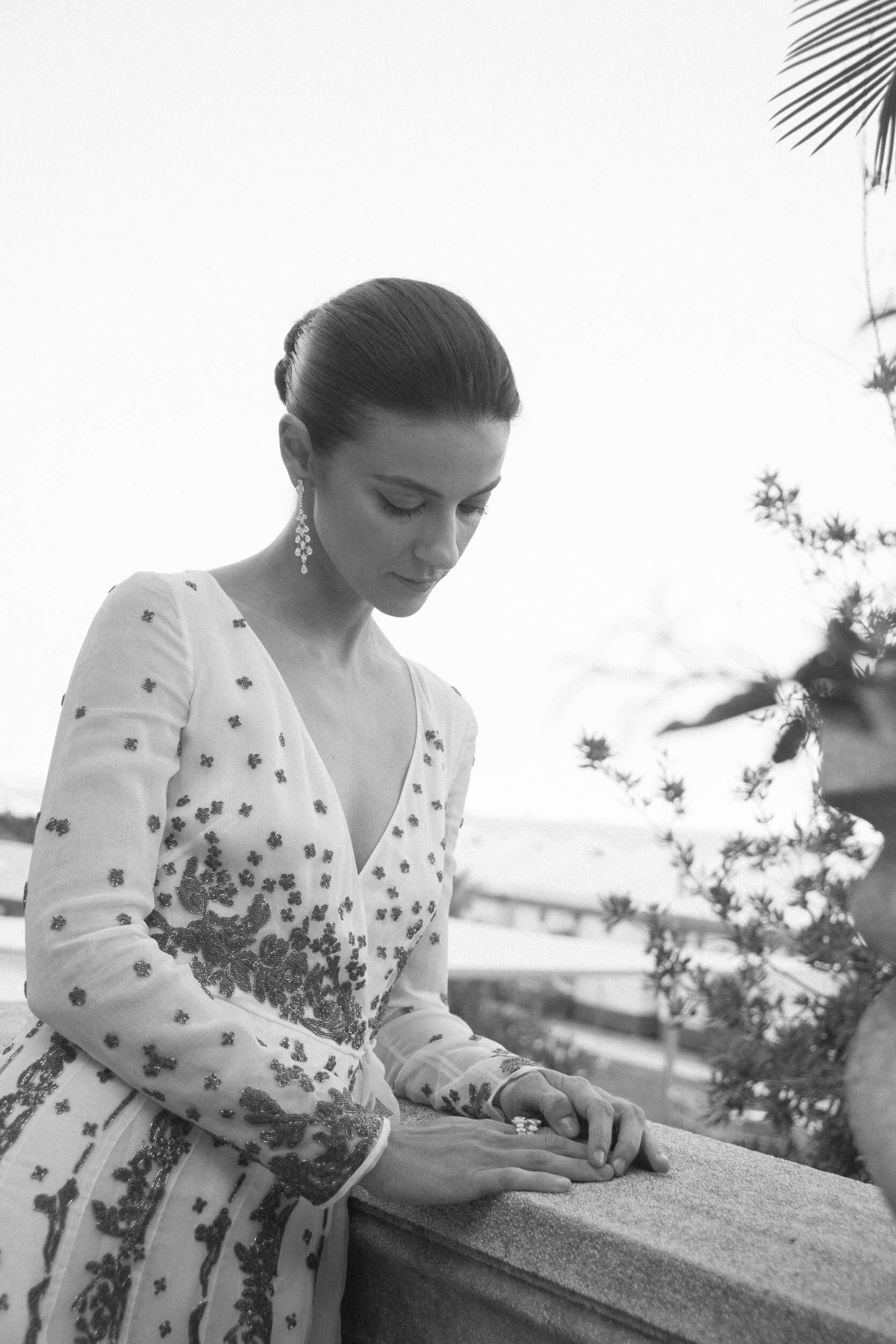
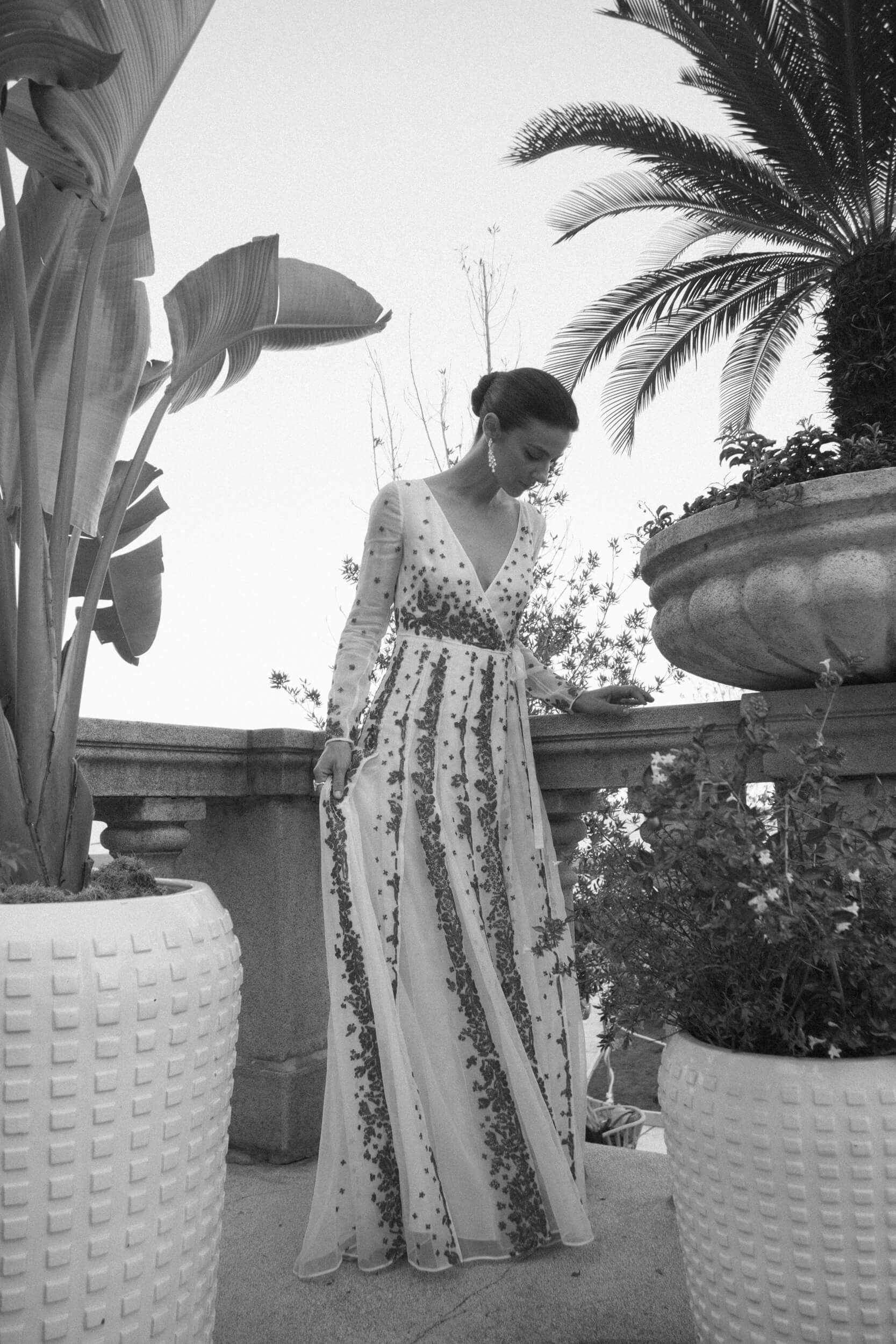
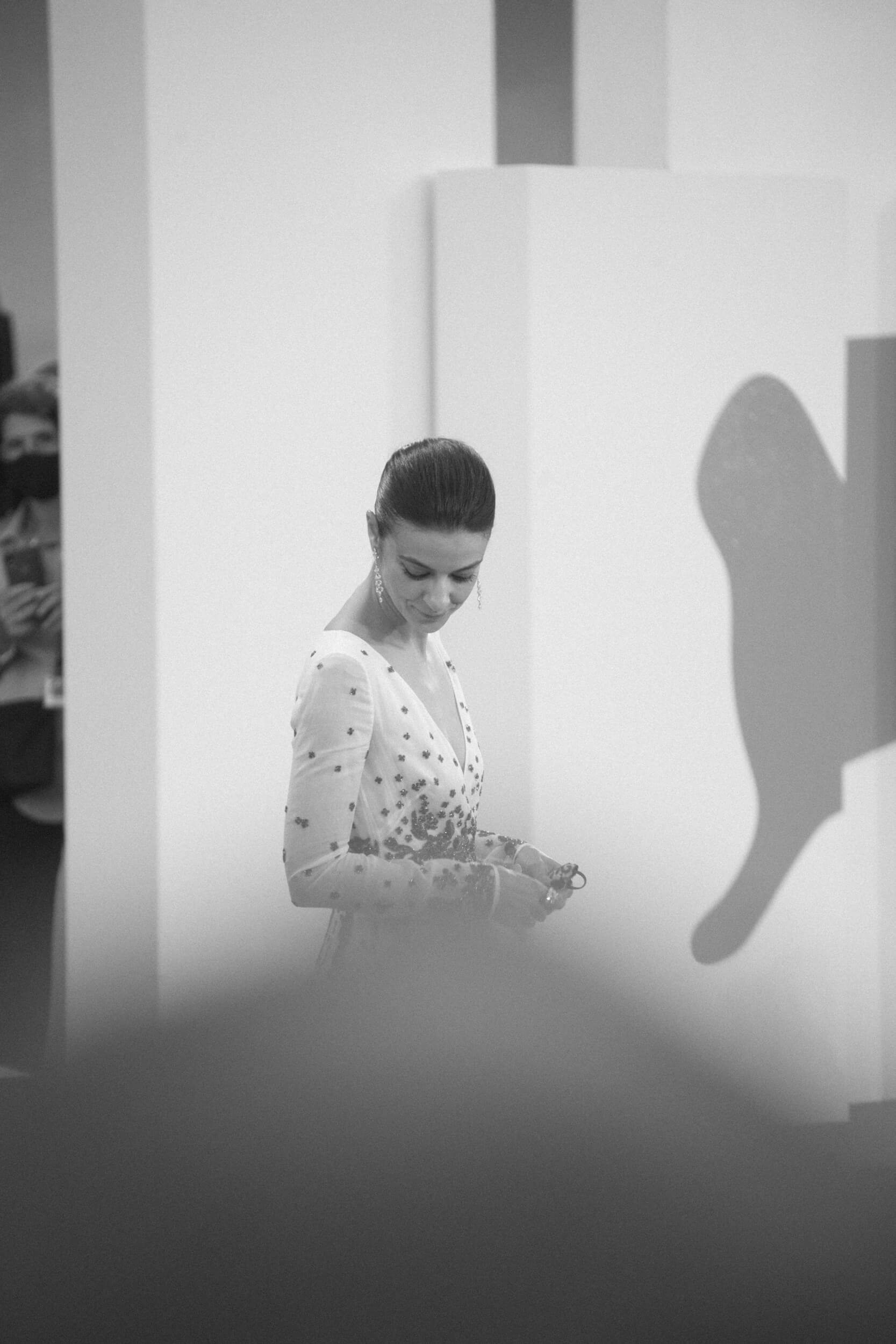
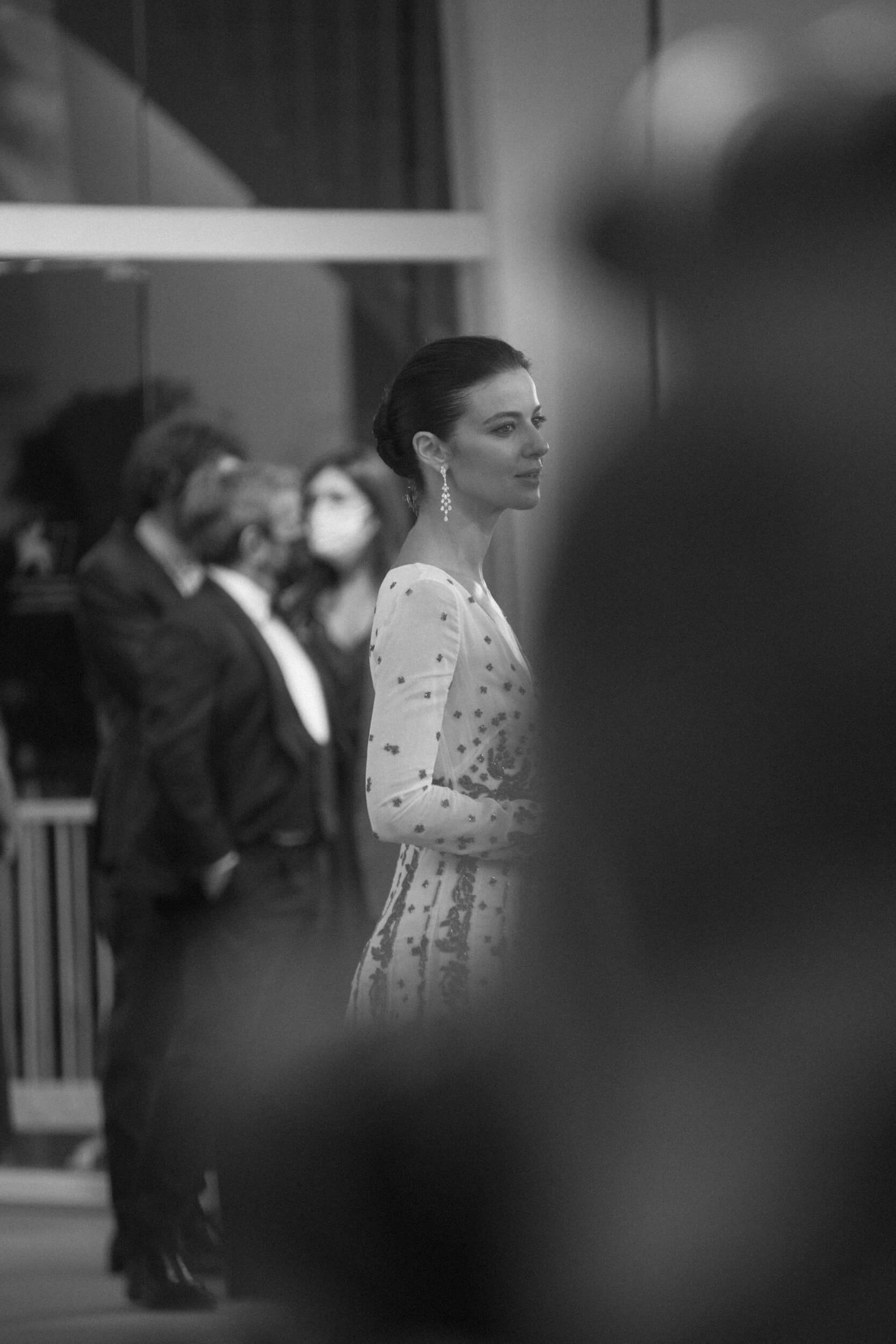
I found the scene where your character calls her parents and acts like everything is going well very intense and true, like many others. How much of your personal life is there in such a scene? Those are situations that we often find ourselves having to face.
We never stop being a son or a daughter, even when we grow up, a parent’s hug makes us feels safe, even for just a second. But there are moments when it’s our turn to protect our parents, to be the strong ones, to tell lies, to save them from our pain. There is something of me in this. I always say that everything is fine, even when it’s not.
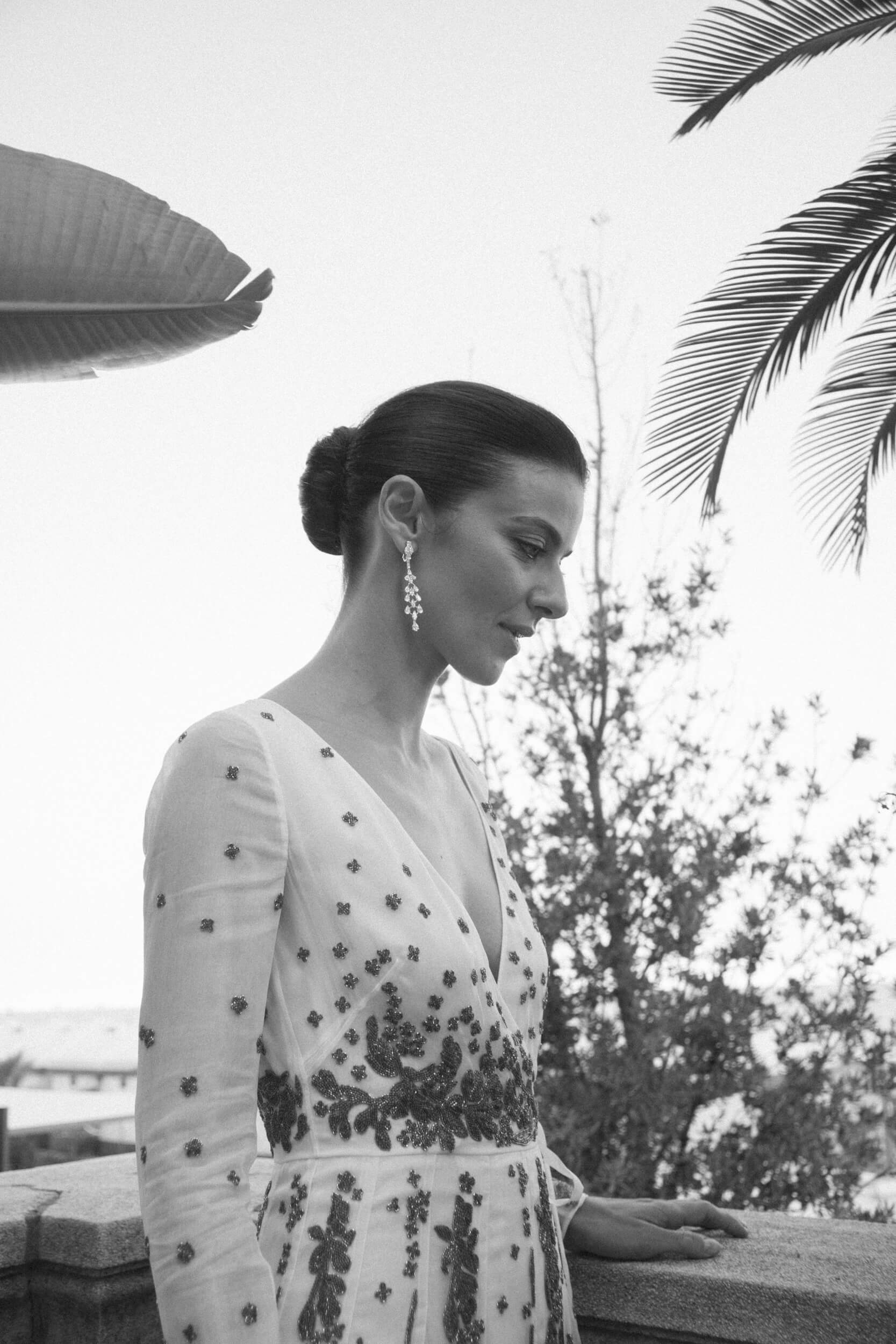
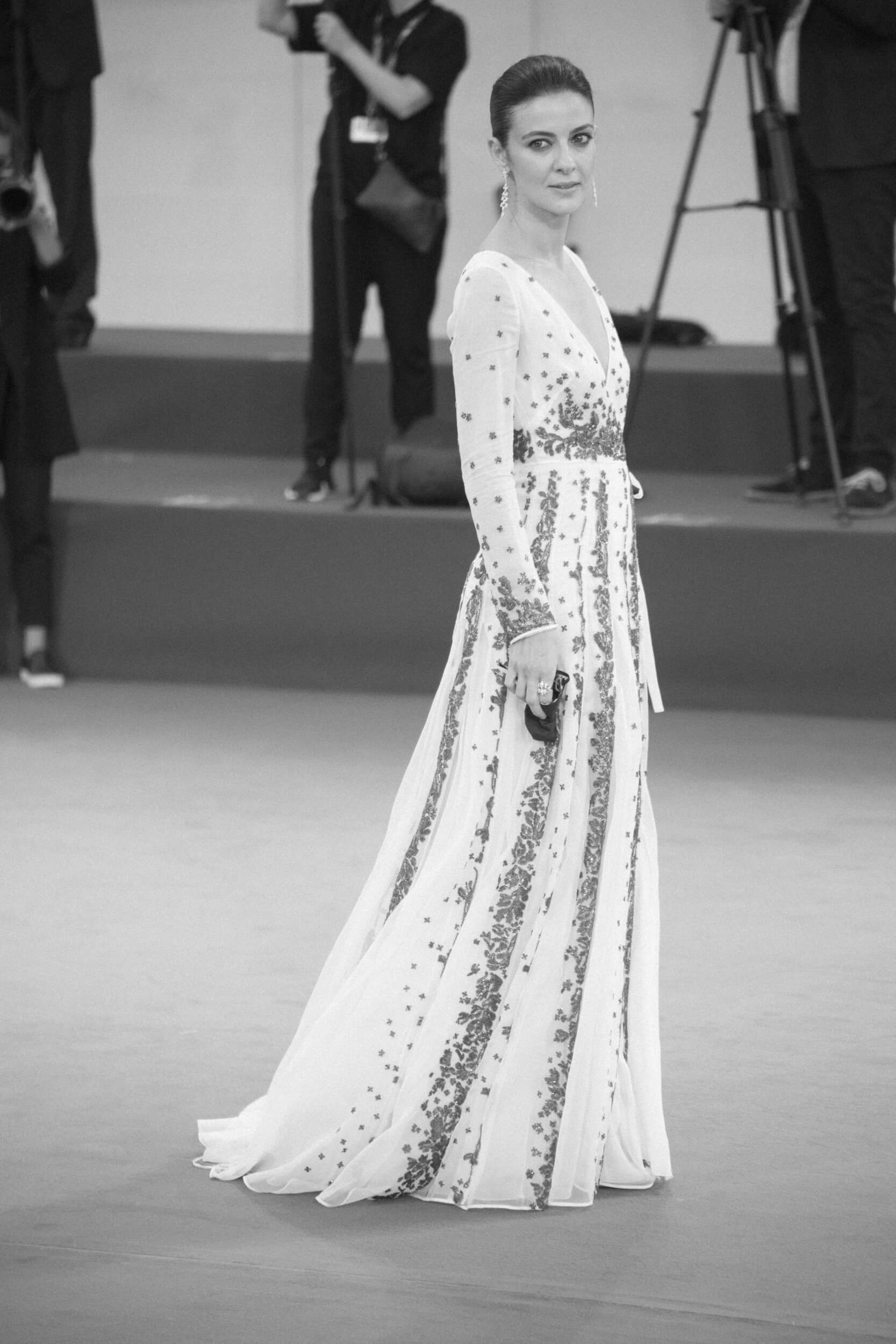
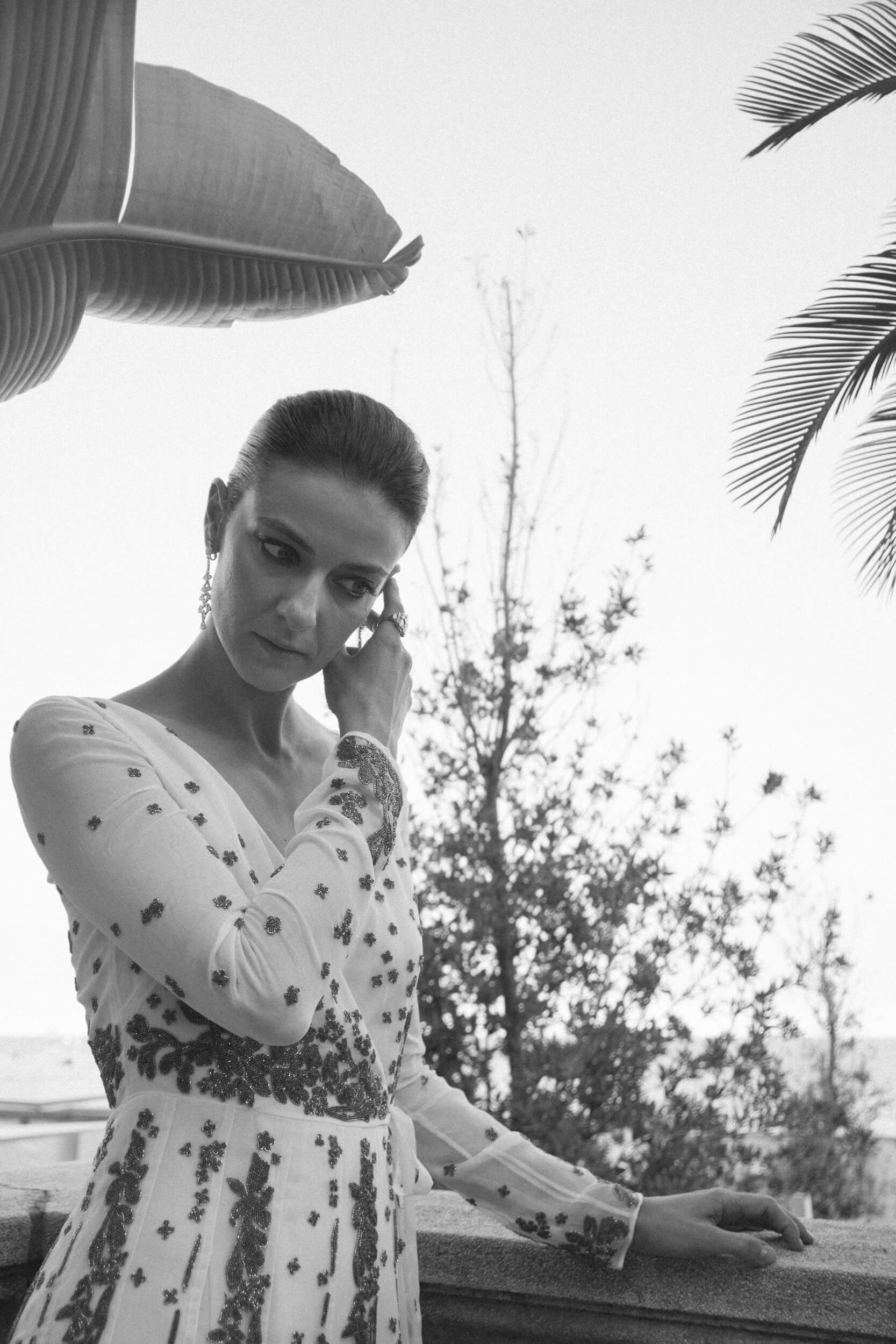
How important is it for you to tell stories like this on the big screen?
This film is a beautiful love letter from a son to his father, his family, to what he has lived through. But that child that looks at his father asking him to be immortal, that looks at him shaving his beard as if he was a Greek god, that child that discovers the power of friendship during a summer on the beach, that child is every one of us.
How magic was it being in Venice?
Being in Venice during this very quiet and focused edition will remain one of the greatest emotions of my life. Finding myself in that halved theater to watch a movie with everyone wearing masks and distanced, like survivors, moved by the hope of being able to restart telling stories, united in this collective ritual called cinema. A night I will never forget.
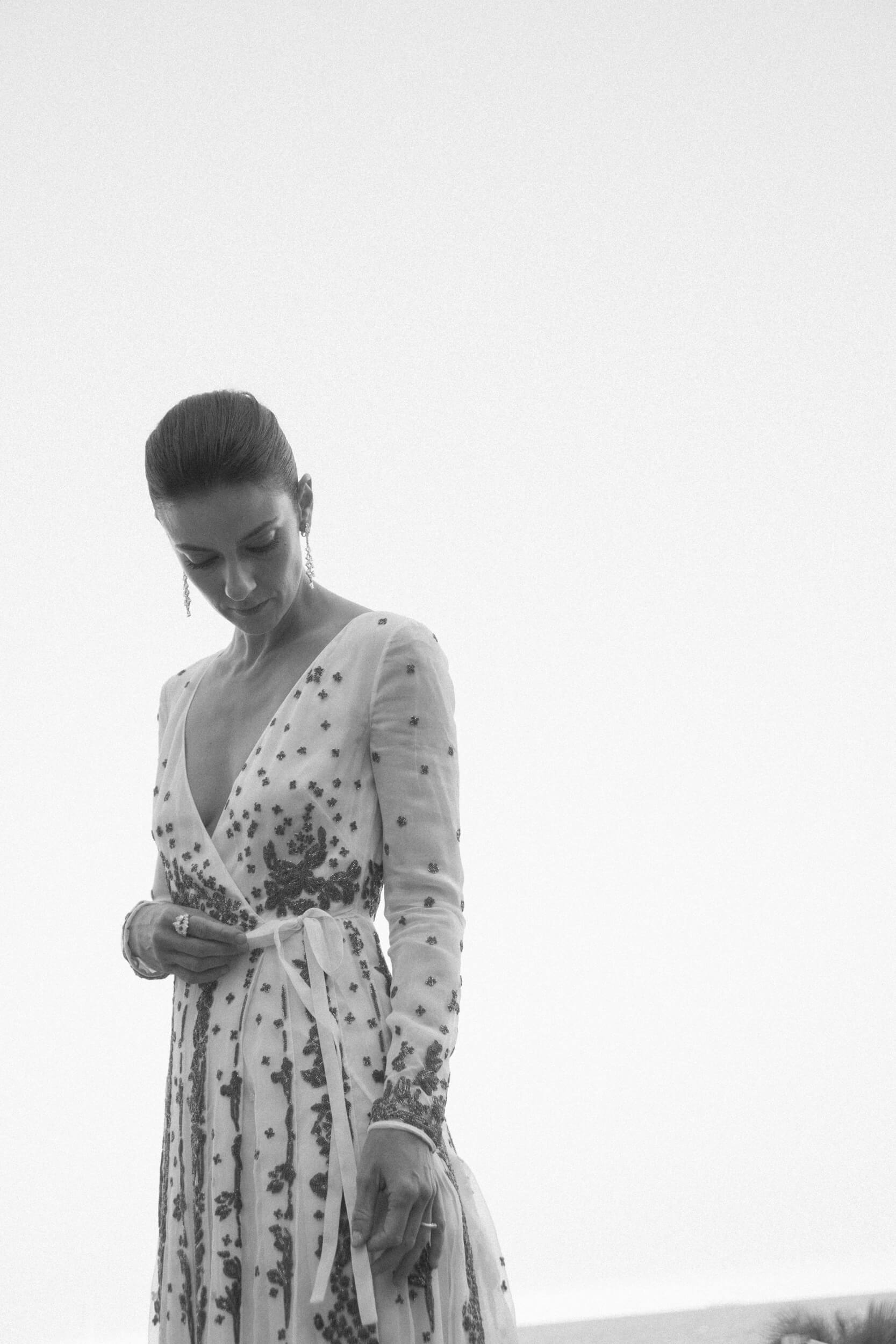
“Being in Venice during this very quiet and focused edition will remain one of the greatest emotions of my life.”
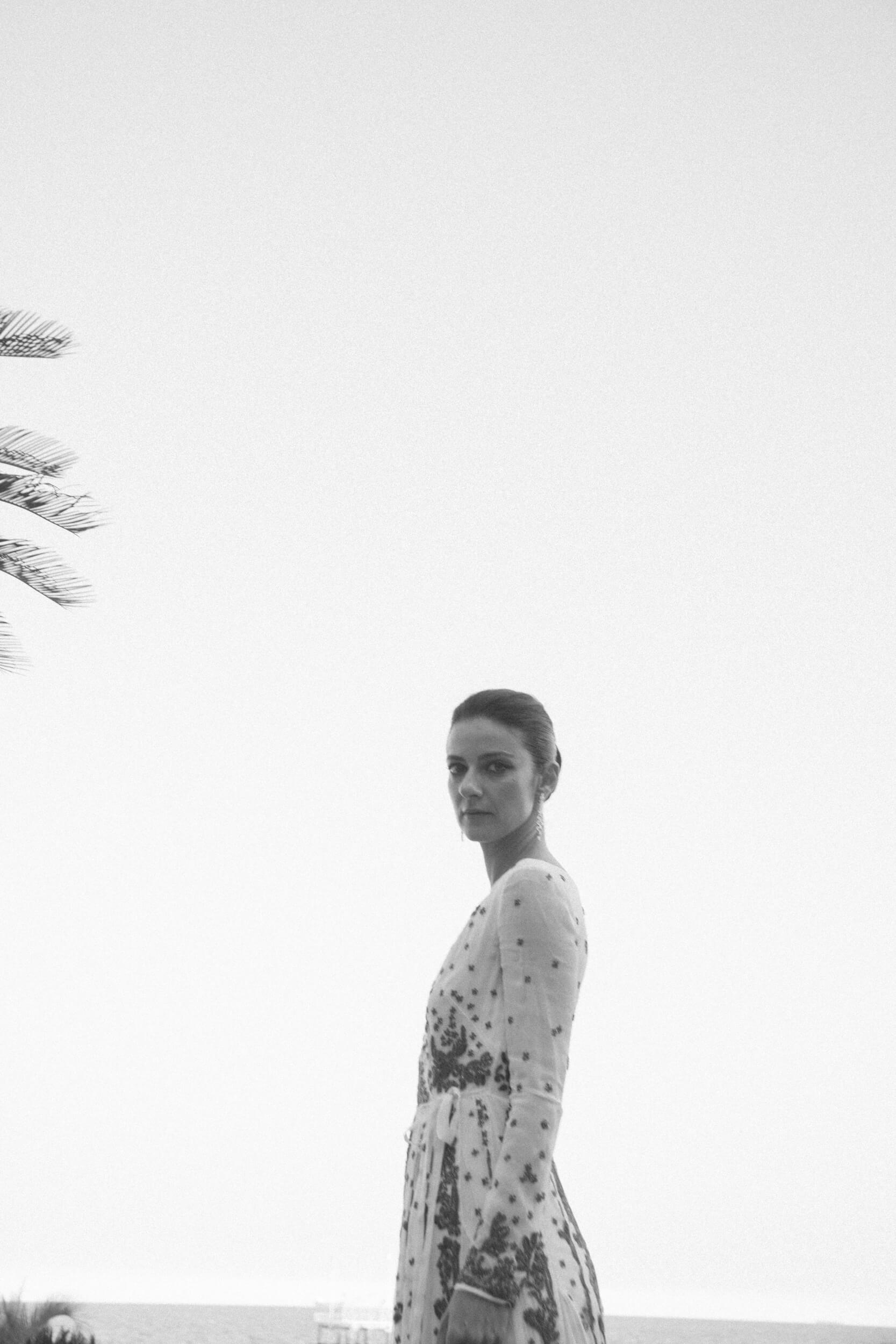
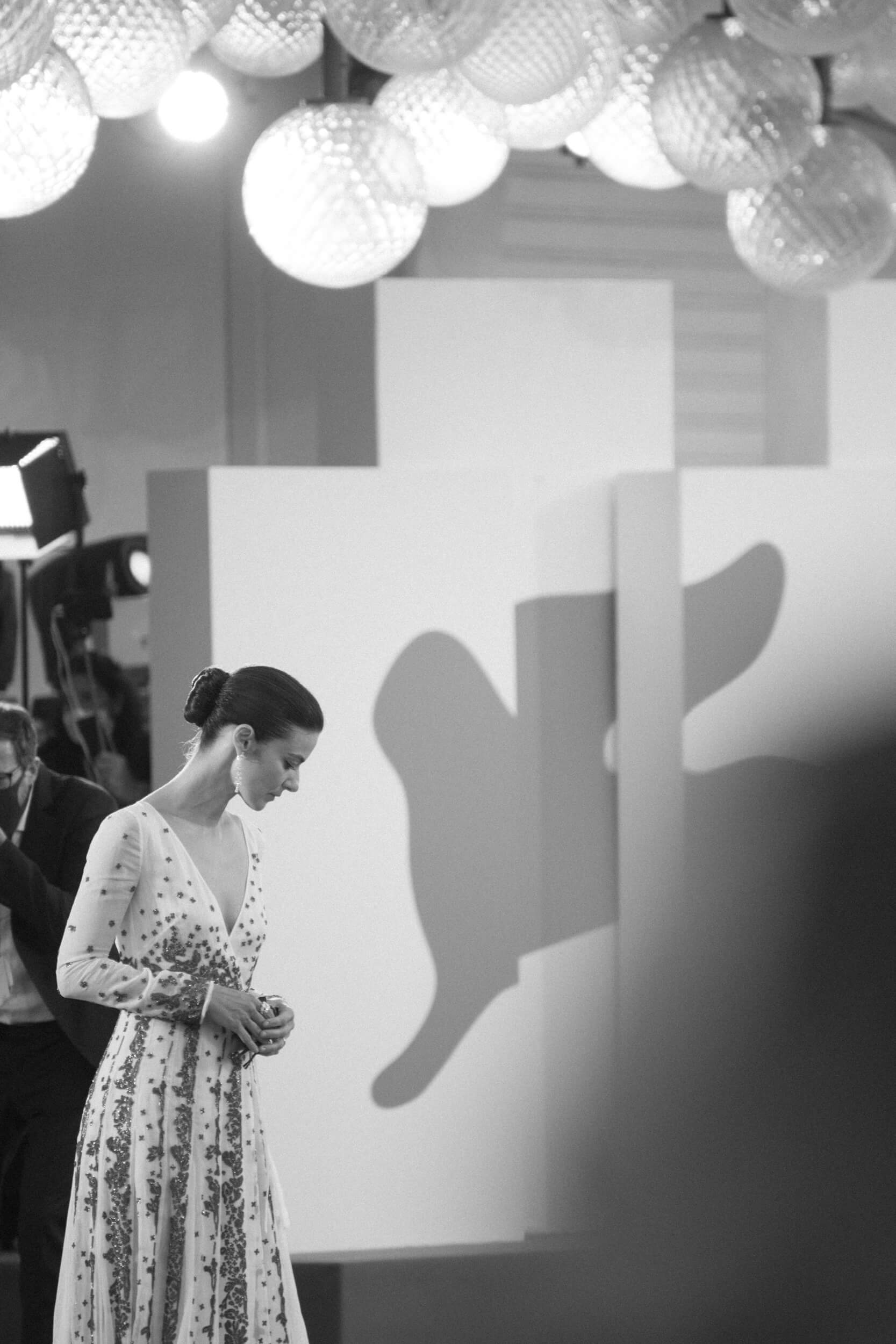
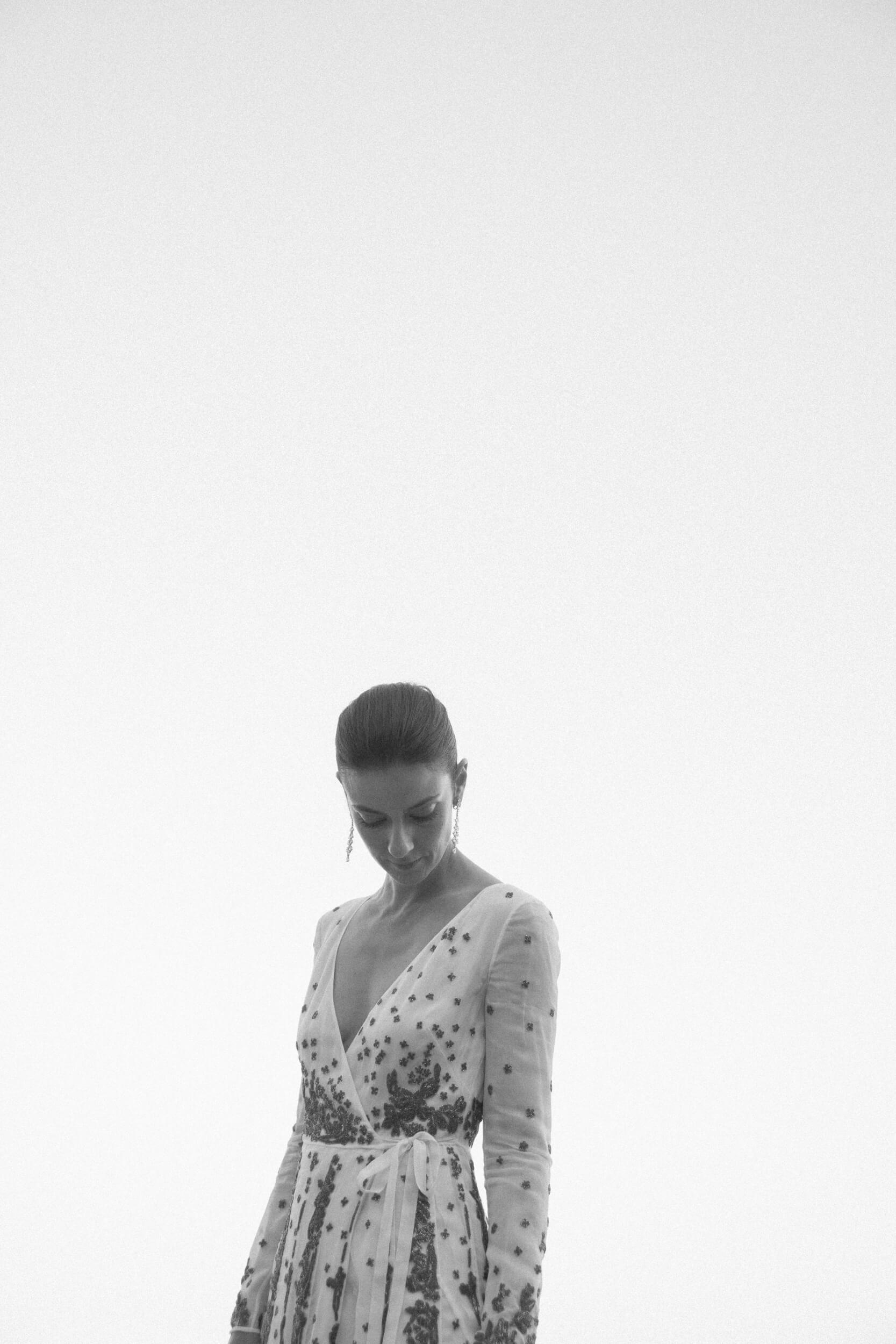
Which feeling would you associate with this film?
I can tell what it left me with: a great nostalgia for a past that will never come back, the beauty of my parents when they were young, that unconditional love. I let Valerio’s eyes show me his world and I longed for my childhood eyes, for when I would pretend to be asleep so that my dad would tuck me in.
